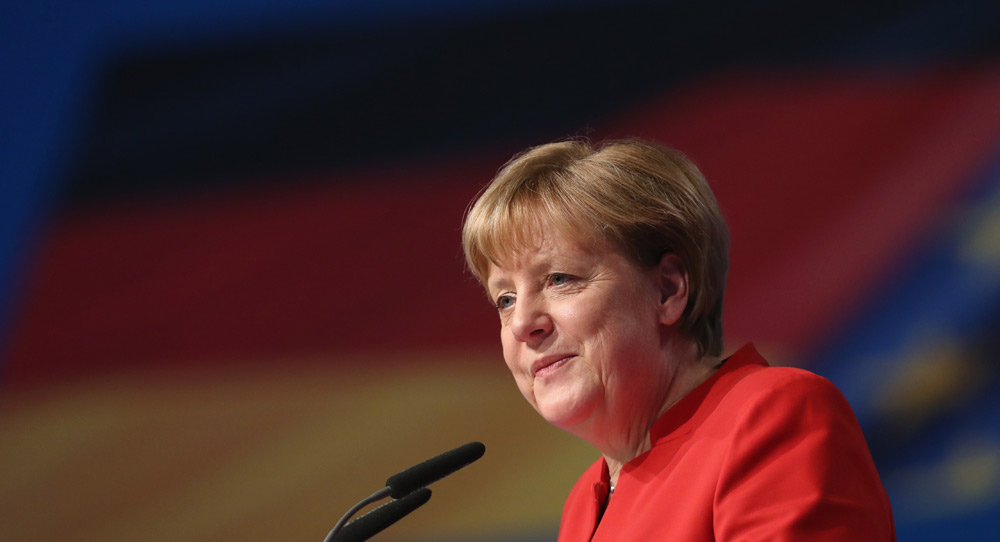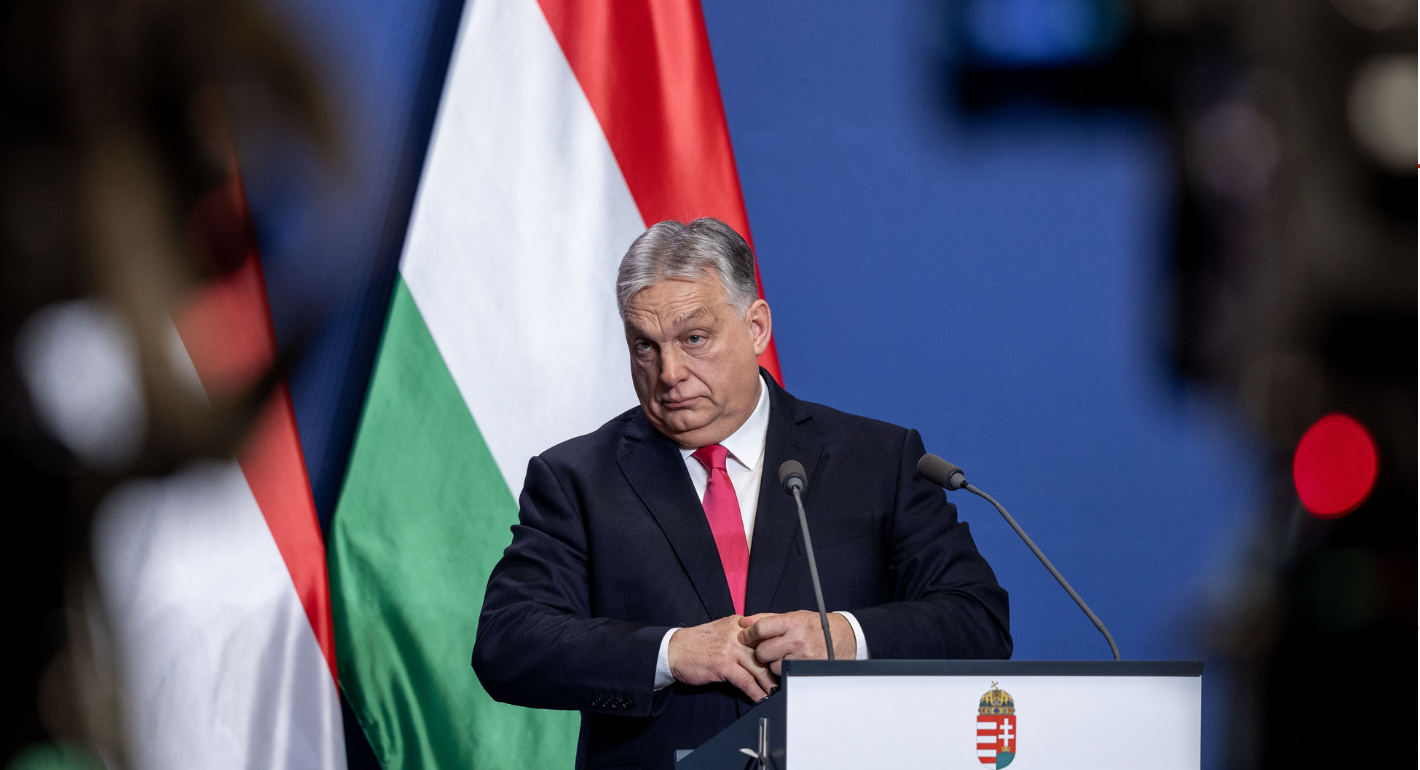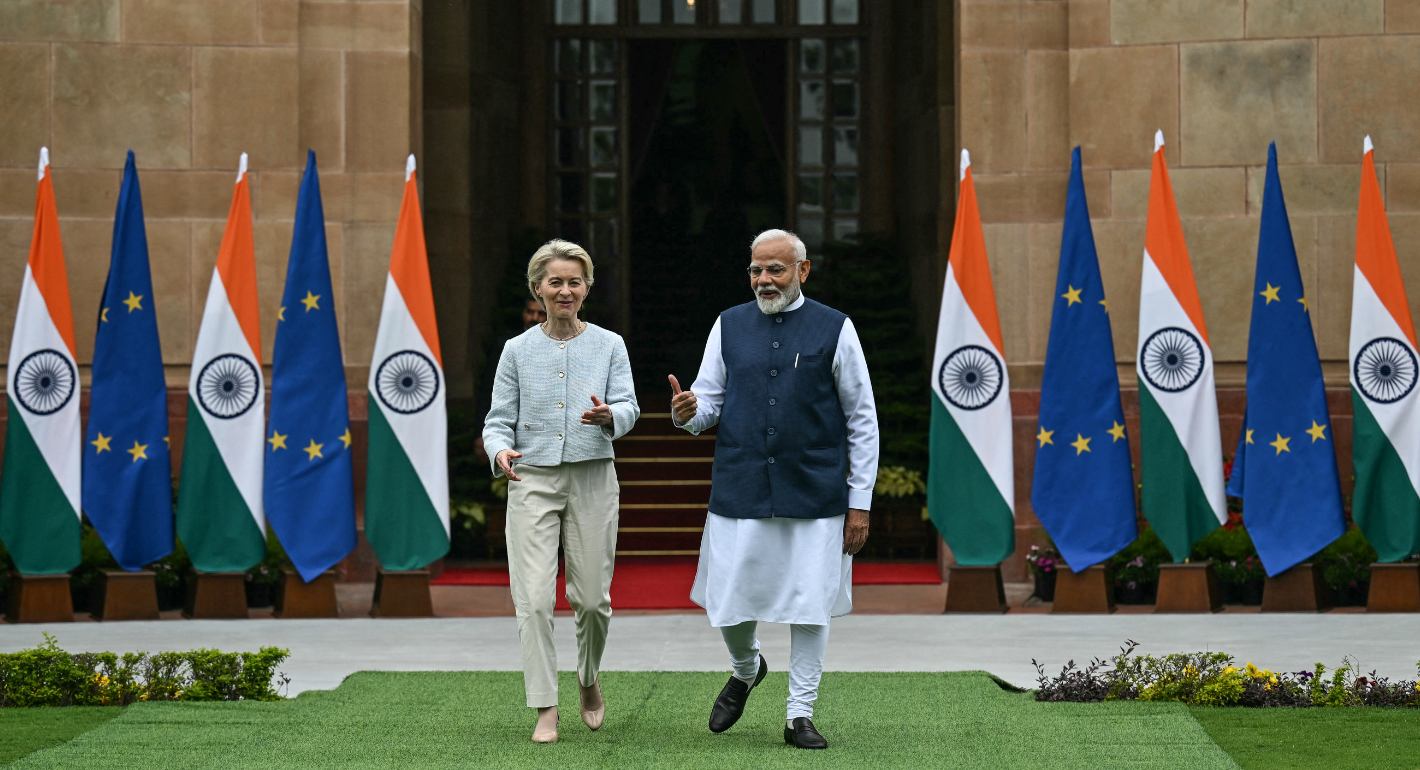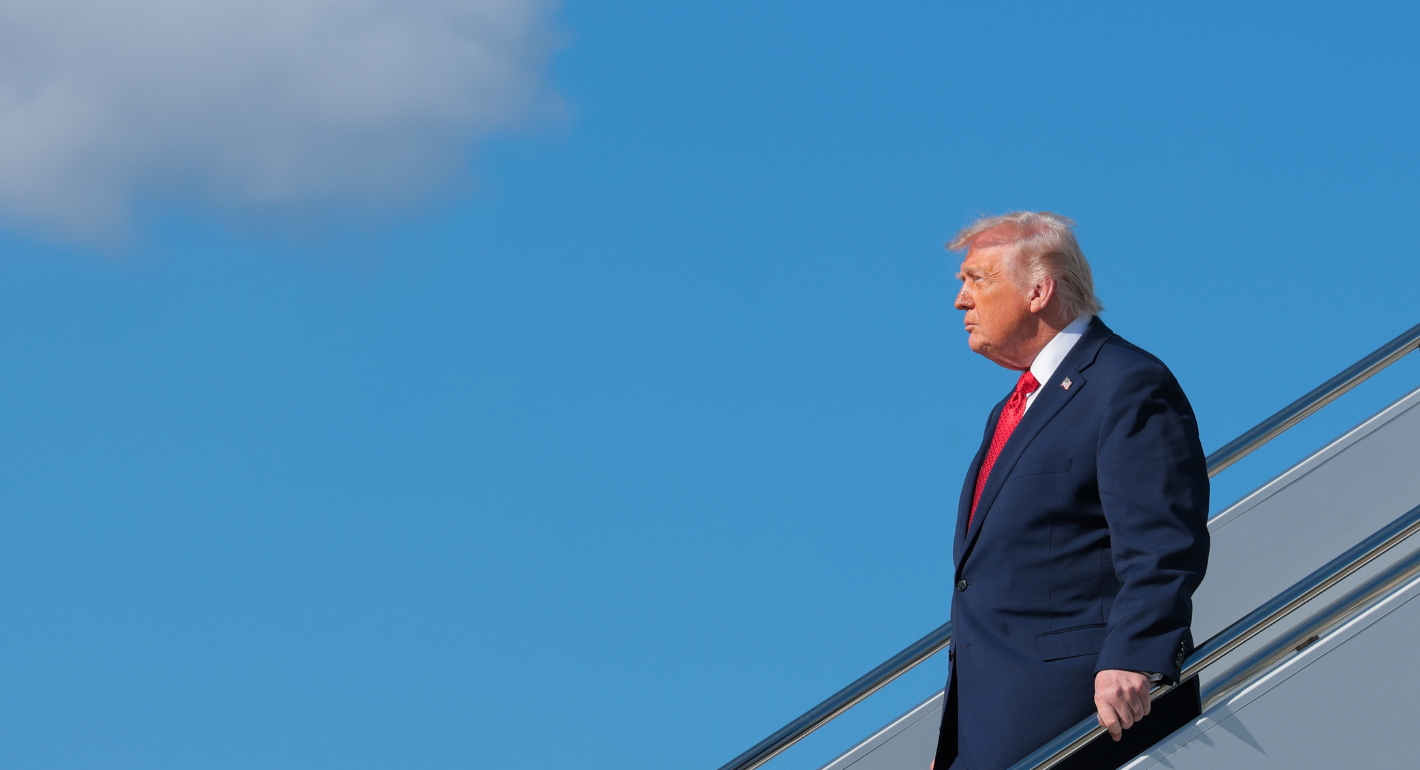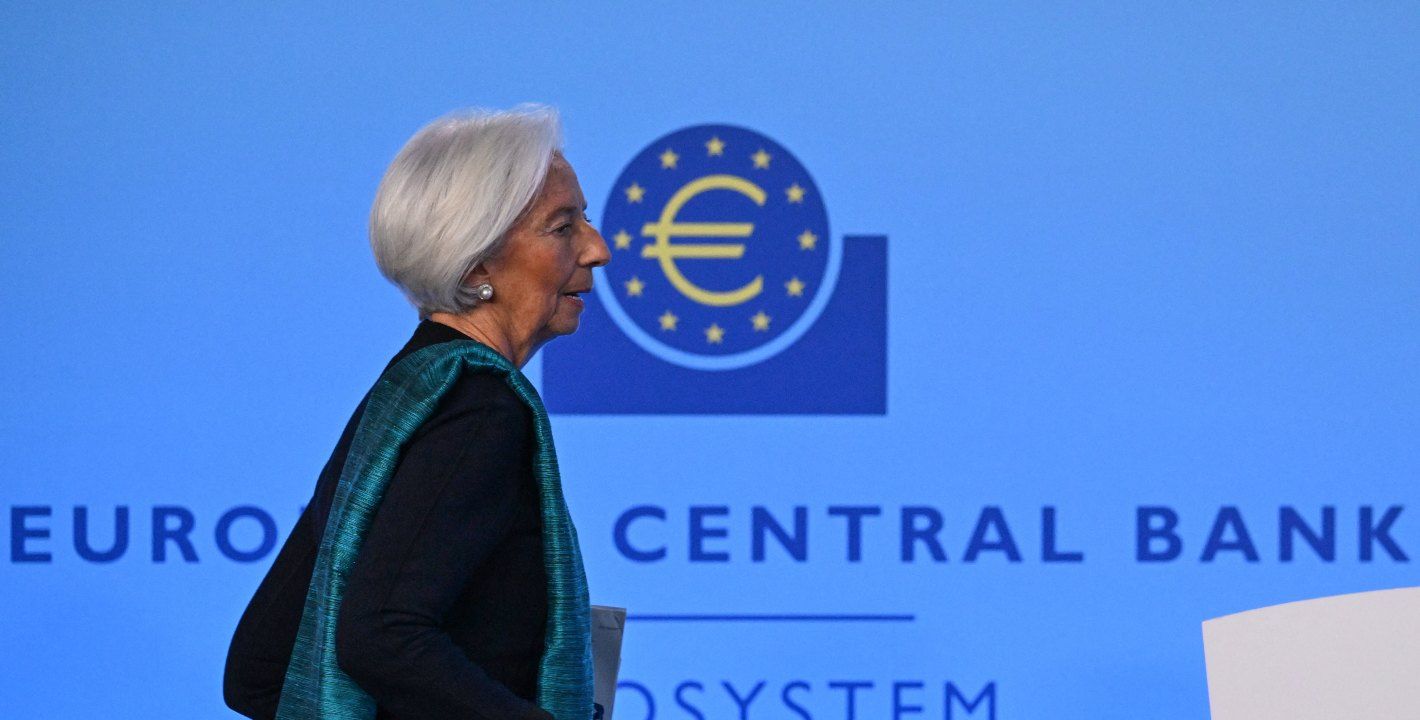Let’s keep Angela Merkel’s shortcomings (the vagueness of her program, her weakness in explaining herself and lack of oratory skills, and her hesitancy) for another time. Today, we shall look at her strong points, and how she will change if she wins another turn at the election.
One of this chancellor’s greatest strong points is that she has redefined the meaning of strength. With her, strength has nothing to do with visible dominance, with arrogant pride, with an easily inflammable sense of honor, with boastfulness, with intimidation and public humiliation, or with the ability to scare others.
It would be hard to overrate the significance of this liberation—in terms of political culture—from classical, masculine pseudo-strength. It has been important, particularly for Germany, as in recent years the country was forced to stop hiding in the shadows of its own power. Over decades, every German government has downplayed its own strength, adamantly determined never to stand out alone on the international scene.
This downplaying doesn’t work anymore. Germany stopped doing so when the euro crisis revealed the weakness of France. Then, when the United States began to withdraw its involvement from conflicts in the European neighborhood, and from its role as a military/moral leader of the West—slowly at first under former president Barack Obama; then as a disruption under President Donald Trump. Such developments highlighted much more clearly the importance of the giant in the center of Europe.
Yet this new role, this international visibility, which is abhorred by Germans, was made only just about bearable for everybody concerned because it was a woman—no, this woman—at the head of the Federal Republic.
Merkel never indulges in grandstanding and she is never authoritarian. This is how she creates the space for a cooperative, reason-based, network-oriented style of leadership in Europe. And Europe, through its very structure, is designed for a very different kind of international policy in comparison to the other two superpowers, the United States and China. The EU is, so to speak, the Merkel among global powers.
From where does this woman from eastern Germany get her ability to generate a maximum of influence from a minimum of external dominance? I believe the key goes back to the time when the young physicist from behind the Berlin Wall turned, within just a few months, into a leading all-German politician. She had to compensate for three severe disadvantages: 1. She knew nothing about politics; 2. She was a foreigner in the West German country that she was suddenly supposed to help govern; and 3. She was fetched up in the most masculine party of them all—the CDU.
Merkel could only compensate for this triple disadvantage by learning all the time, and very quickly. Also, she couldn’t afford to make enemies because she had so few friends at first. She could only ever prevail by treading in other people’s shoes, not in open battle. Her most effective weapons were to understand and be reasonable. Grand speeches would have eaten up her power reserves just as quickly as superfluous feelings, meaningful revenge, or an excess of personal loyalty.
The German philosopher G.W.F. Hegel has said: “The beginning determines the whole.” This is completely true for Merkel because throughout her career, she was outnumbered. As soon as she climbed one step up and started to feel reasonably safe at that level, the next step happened, and again it was smart to maintain her energy-saving style and her considerate handling of people.
As soon as she, in her role as minister for women, understood domestic politics, she needed to prove herself as environment minister on the international stage. Just as soon as she could cope with that, this woman without a network of her own moved up into the leadership of her very network-oriented party. Shortly after that, she became federal chancellor, and then the crises started happening on ever higher steps: the eurocrisis, Ukraine, refugees, Trump.
It is a well-known fact that German philosophers are never entirely right. In what may be Merkel’s fourth term in office, the imprint of the early years will lose its power because too much of the framework is changing. On the one side, she will be a lame duck because nobody believes that she will stand for a fifth time in 2021. On the other side—the positive side—Merkel by now understands the business of politics like few other politicians in Germany and the rest of the world. This gives her an undreamt-of freedom. Merkel doesn’t do chamber music any more, she now plays jazz. But what kind?
It was a very American misunderstanding to call the German chancellor the new leader of the Western world. Merkel can only be the leader if “leadership” is something completely different—something based on networking, something female, and something cooperative. American leadership has never been like this. Even under Hillary Clinton, it would have been very different.
It is entirely possible that Merkel will now show this differentiation, this alternative behavior, even more clearly. Perhaps she will want to demonstrate to the world how one can assert themselves among authoritarian states and authoritarian types without starting to resemble them. This would be her last great service as a politician. Not a minor one, I would say.
Bernd Ulrich is deputy editor and political editor of the German weekly newspaper Die Zeit.

